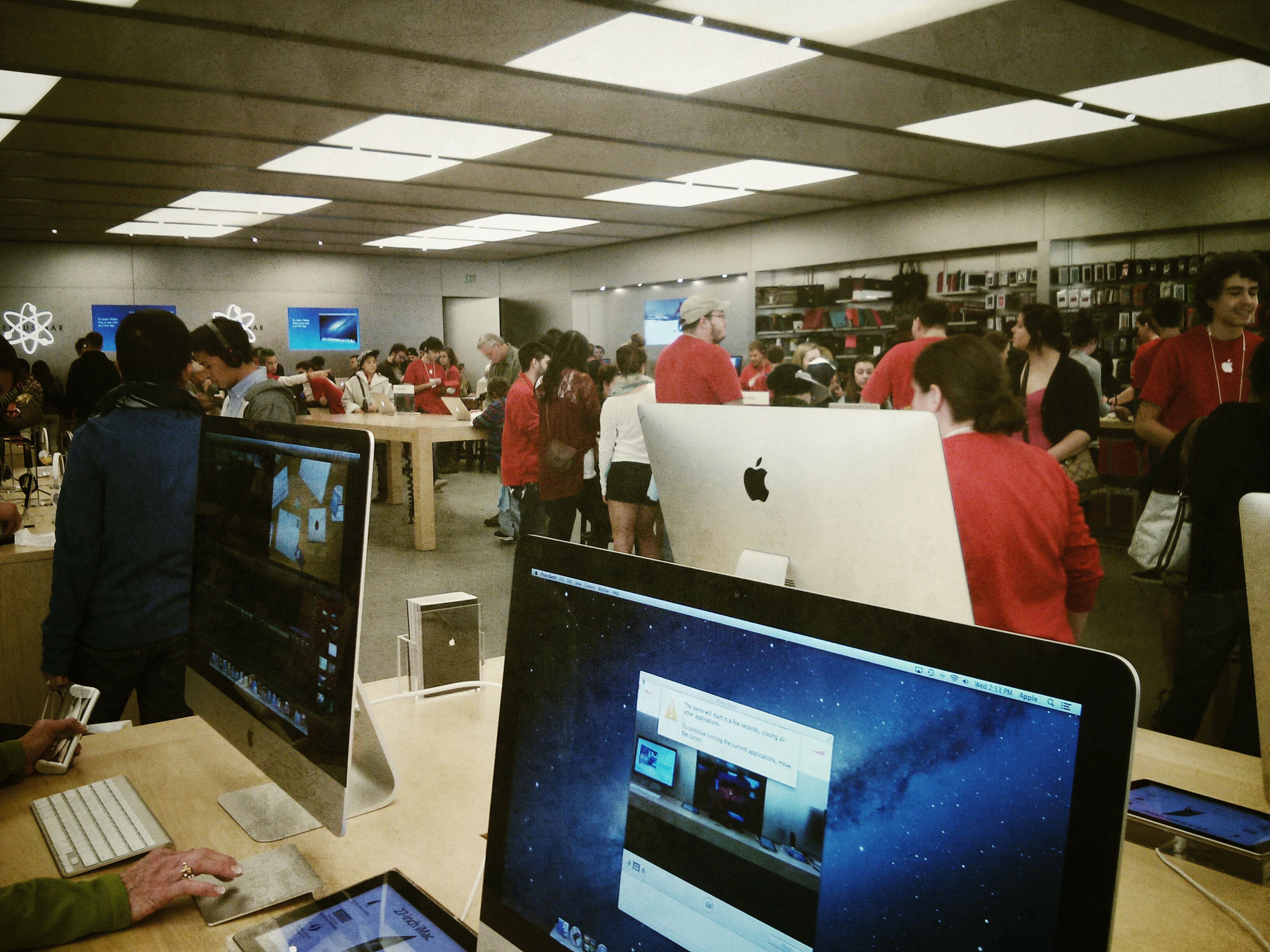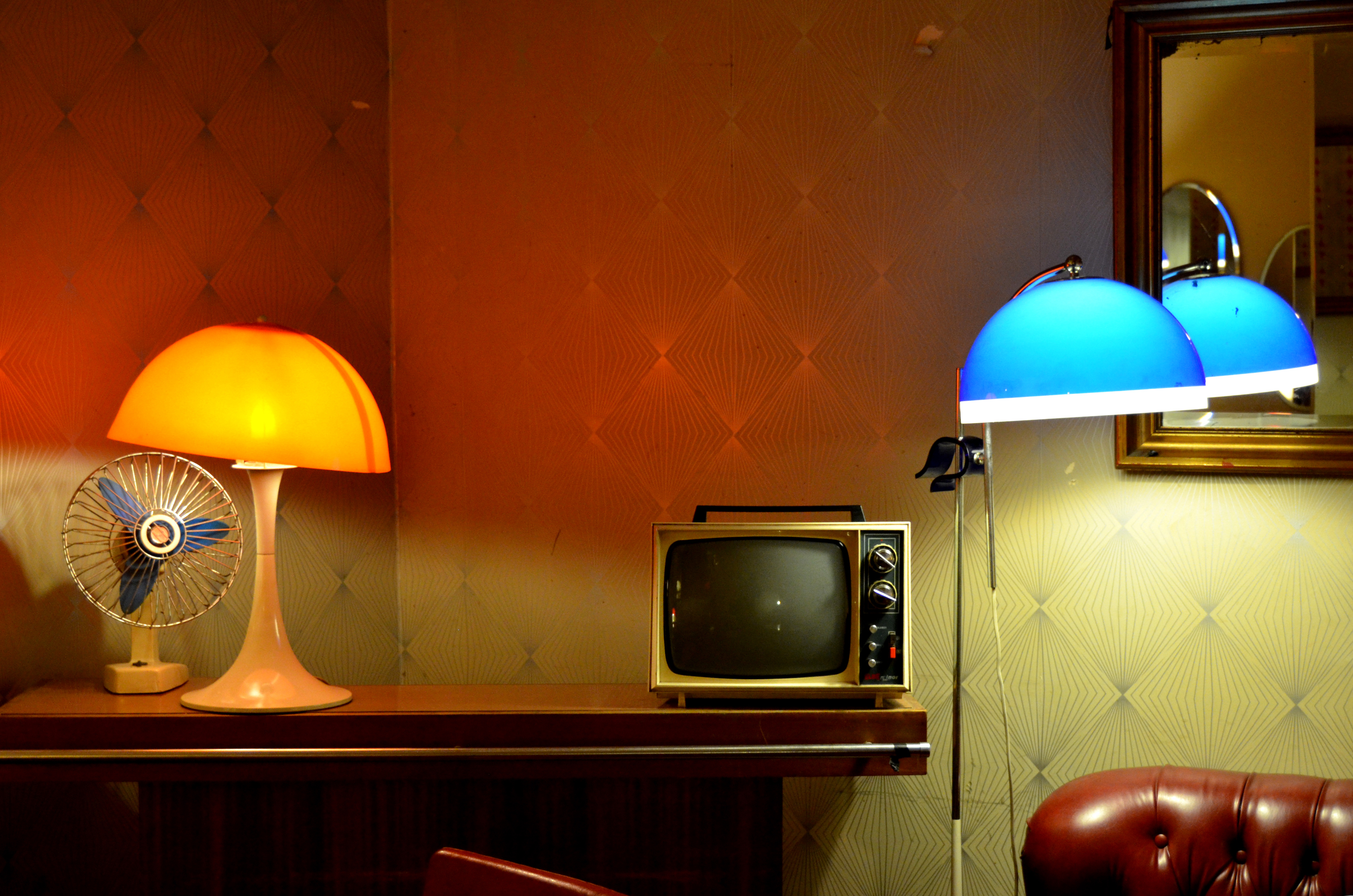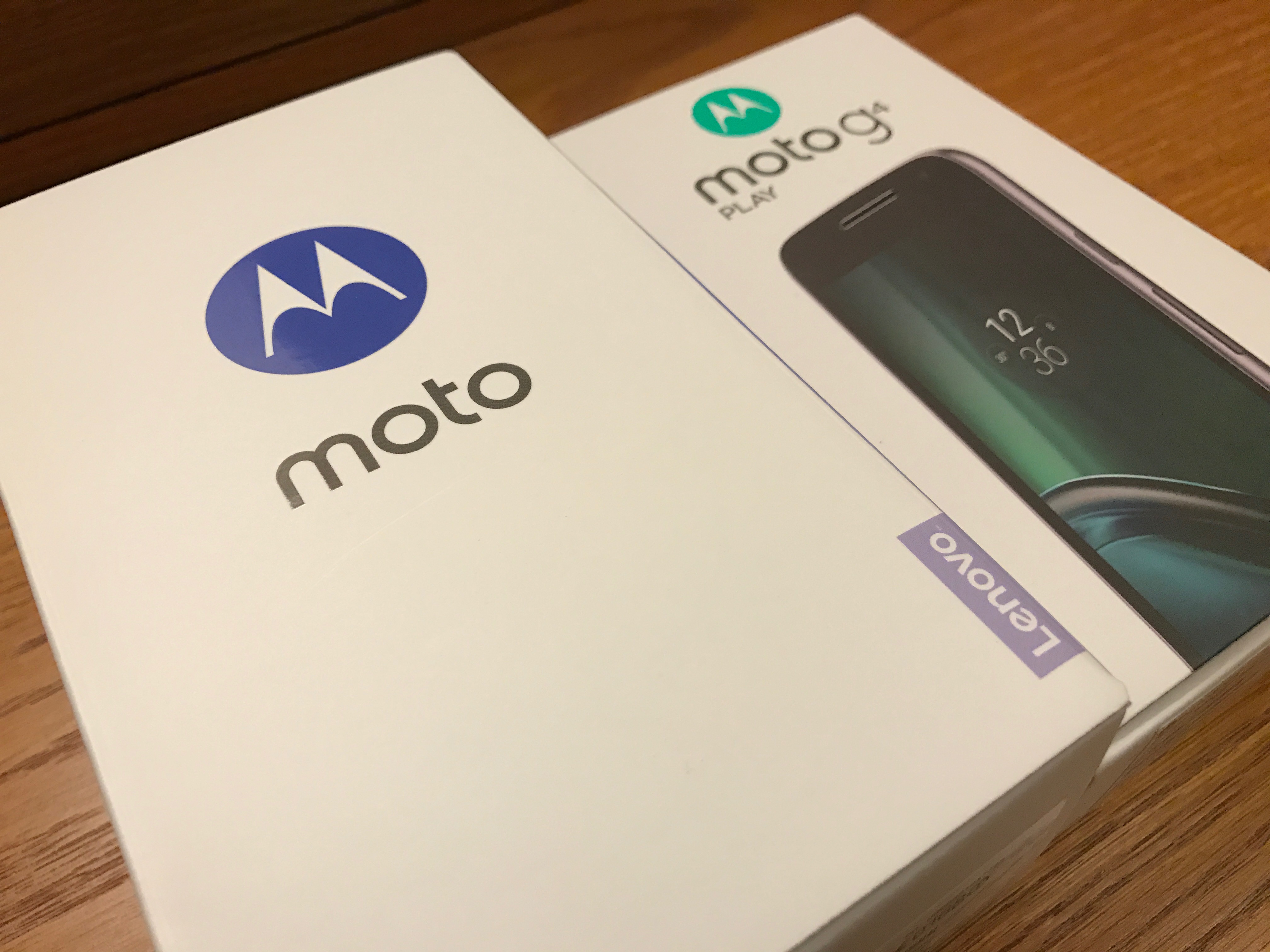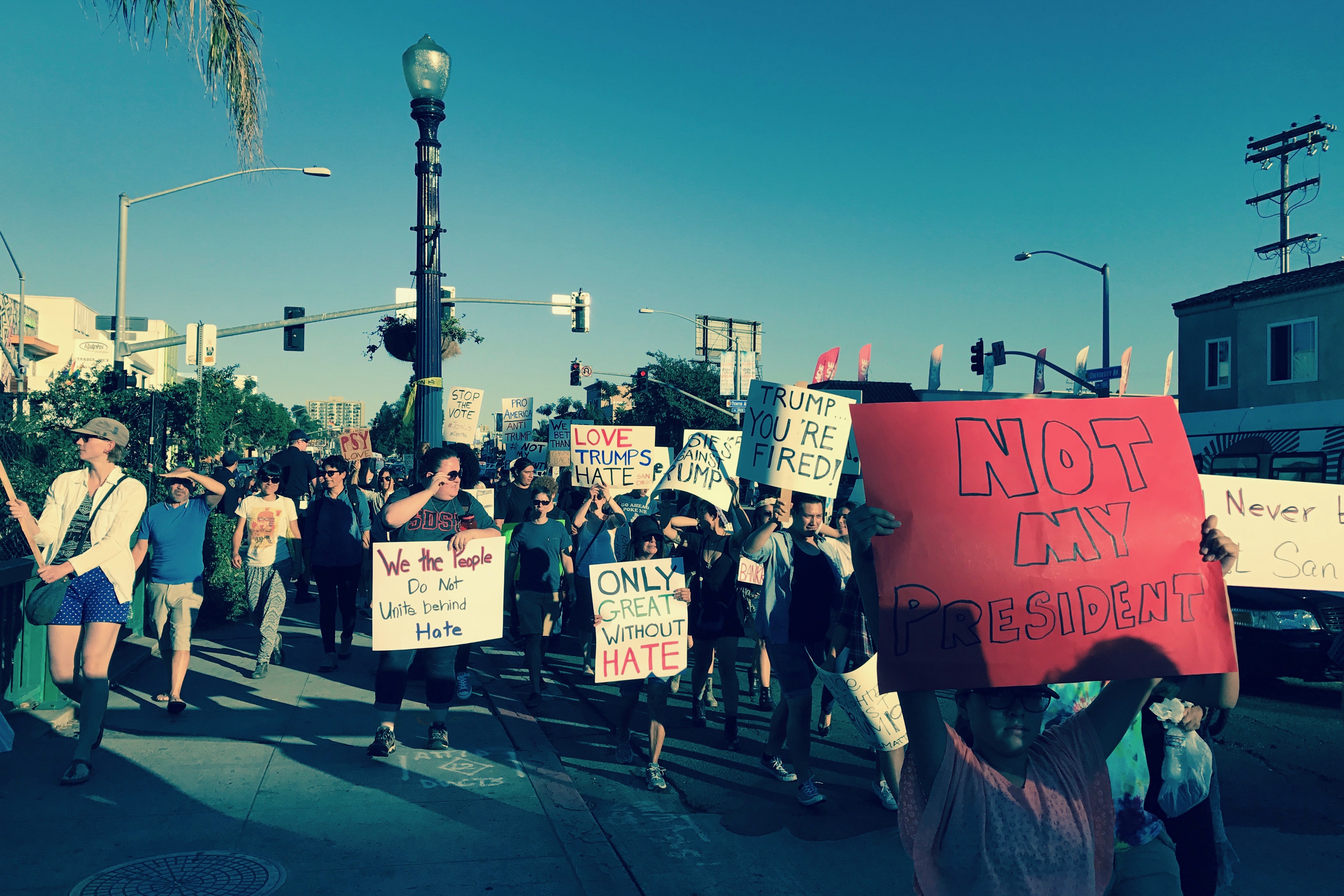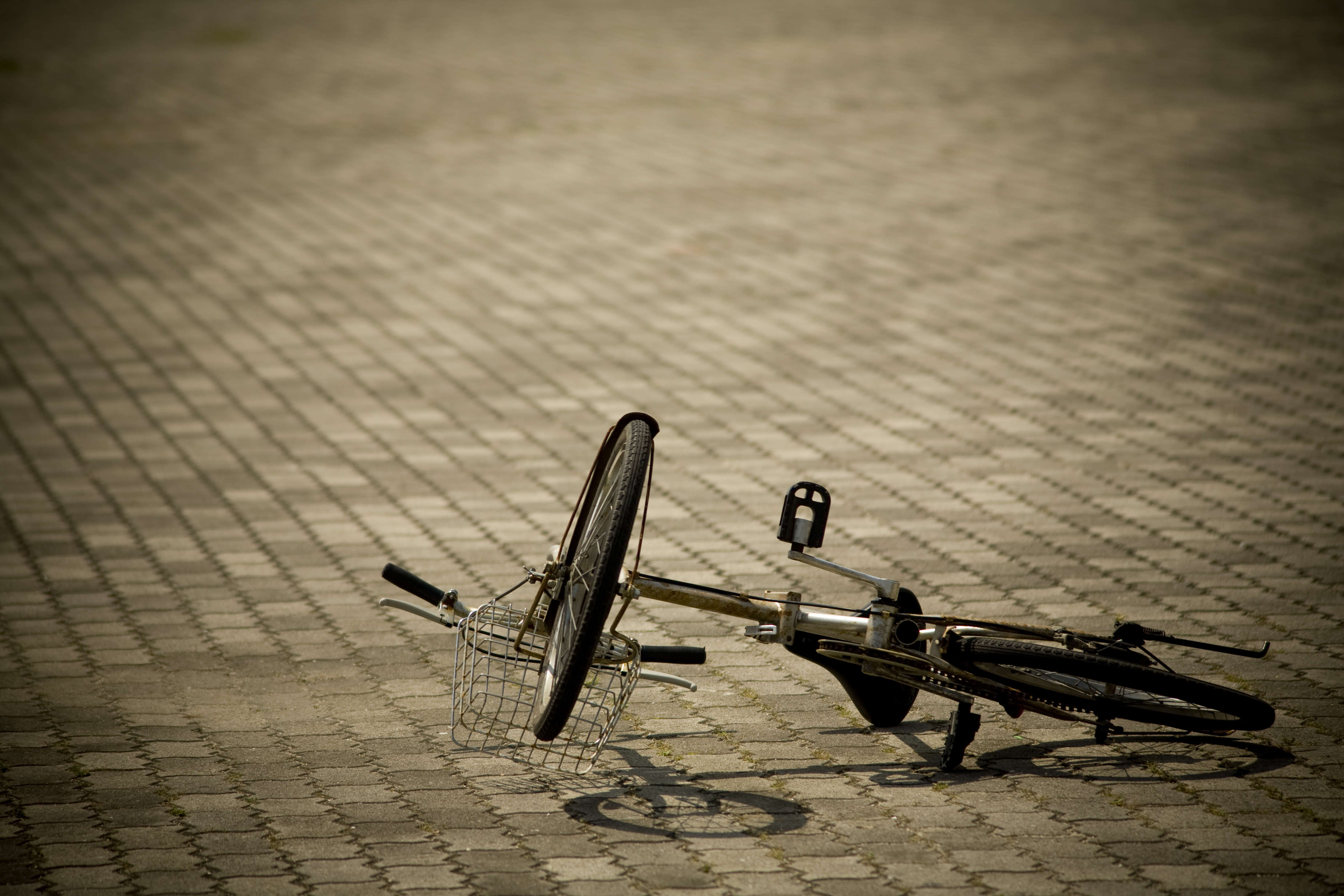Apple sure knows how to keep its store stocked for the holidays. Ho, ho, ho, bah humbug. The shelves are bare, and you can get your must-have pretty thing some time next year. If you’re lucky. Let’s start with the delayed AirPods, which went on sale online last week. They arrived in stores on Monday, and whoosh were gone before the waiting line ended. My local shop had about 30 pairs. If you want them, first available retail pickup date is—cough, cough—February 8th. That is 2017. I had to confirm not 2018, because you never know with these dumbfounding delays. Straight-to-ship orders move your way in six weeks. Donald Trump will be president sooner!
Perhaps you’re pining for one of those pricey MacBook Pros—you know, the ones with Touch Bar that no sane person knows what to do with. Apple will miss Christmas, but you can still beat Martin Luther King’s birthday, with orders made today delivering sometime between January 4-10 or available for in-store pickup on the tenth. God Bless America and Made in China!
